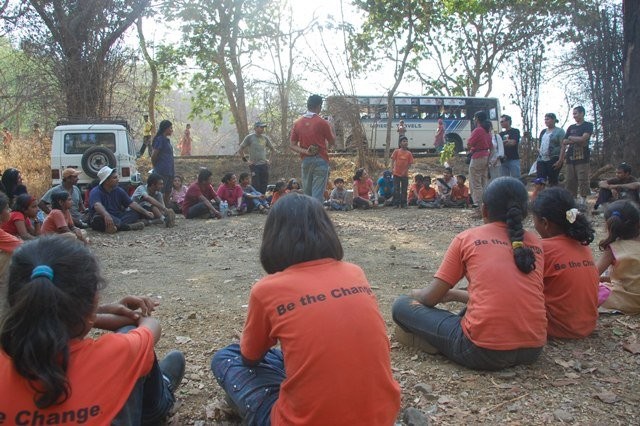
Controversial as it may sound, the straight and simple answer is ‘no.’ Except that it is in an ideal, utopian world. In an ideal world, everyone—individuals, businesses, government, and other institutions—is socially conscious and behaves responsibly, making a separate development sector redundant. But we are far from it.
Much has been said and written about the bleak future we and our future generations are staring at this moment. From climate change, depleting natural resources, income inequality, and poverty to the threats democracy is facing world over. Most of this, perhaps rightfully, has been attributed to our notions of economic growth, success, and the paradigms of businesses that are driving this growth. And yet, we do not have alternate models.
But businesses—trade/bazaar—always existed since recorded history. But how did we get here? Without getting deep into the history of business, or social sciences, there is a plausible explanation. Yuval Harari’s now iconic book, Sapiens, that traces the history of humankind tells us that the arrival of cognitive ability in human beings is a landmark in our evolution. It is our ability to tell stories or fictions (and imagination) is that has propelled us this far. The concepts of an organisation, a business structure, a brand or even economics itself—all are a resultant of our ability to create fiction. It is the same cognitive ability that ‘financialised’ and created innumerable virtual financial products, slicing and dicing debts, mortgages and the like, which finally resulted in an economic collapse in 2008, while still making a handful of people rich. Or the very same cognitive ability that is churning out digital companies where venture capitalists are competing to pour monies but that have not proven any utility value to anyone. The very same cognitive ability that makes us buy products that we never need. So, could this be a problem of ‘cognitive surplus?’ To this cognitive surplus, add our ‘animal spirits’. Animal spirits, not as much in the sense of Keynes’s explanation of economic theory, but more in the evolutionary sense.
This is not to undermine the role of business, which as an institution is much relevant. Because it can create an institutional framework that brings together skills, capabilities, and human spirit to meet our economic needs. Institutions need capital and leadership. Whoever brings capital and leadership expects commensurate returns. And the new definition of success for businesses are those create ‘disproportionate’ wealth. Here is the problem—what defines ‘commensurate’ or ‘disproportionate’? What is the real challenge? Is it wealth ‘creation’ or wealth ‘distribution?’ Do businesses that create wealth by exploiting natural resources or skilfully manipulating the tax laws of different countries or benefitting hugely from the fundamental research funded by government have the responsibility to address the larger societal problems? Can we be optimistic and hope that human race’s cognitive advancement will change the paradigms of business and create new solutions to these problems? Or will such advancement only further the consolidation of economic power as we see in ‘Big Tech’ and ‘Big Pharma’? Maybe, there are so many questions we are seeking answers for.
Development sector is intended to raise some of these questions and bring it to the mainstream narrative, while nudging the society to collectively seek the answers and act. And tap into the same cognitive ability, not to take us to utopia, but at least arrest the slide to dystopia. And therefore, the answer to the title question is ‘Yes’.